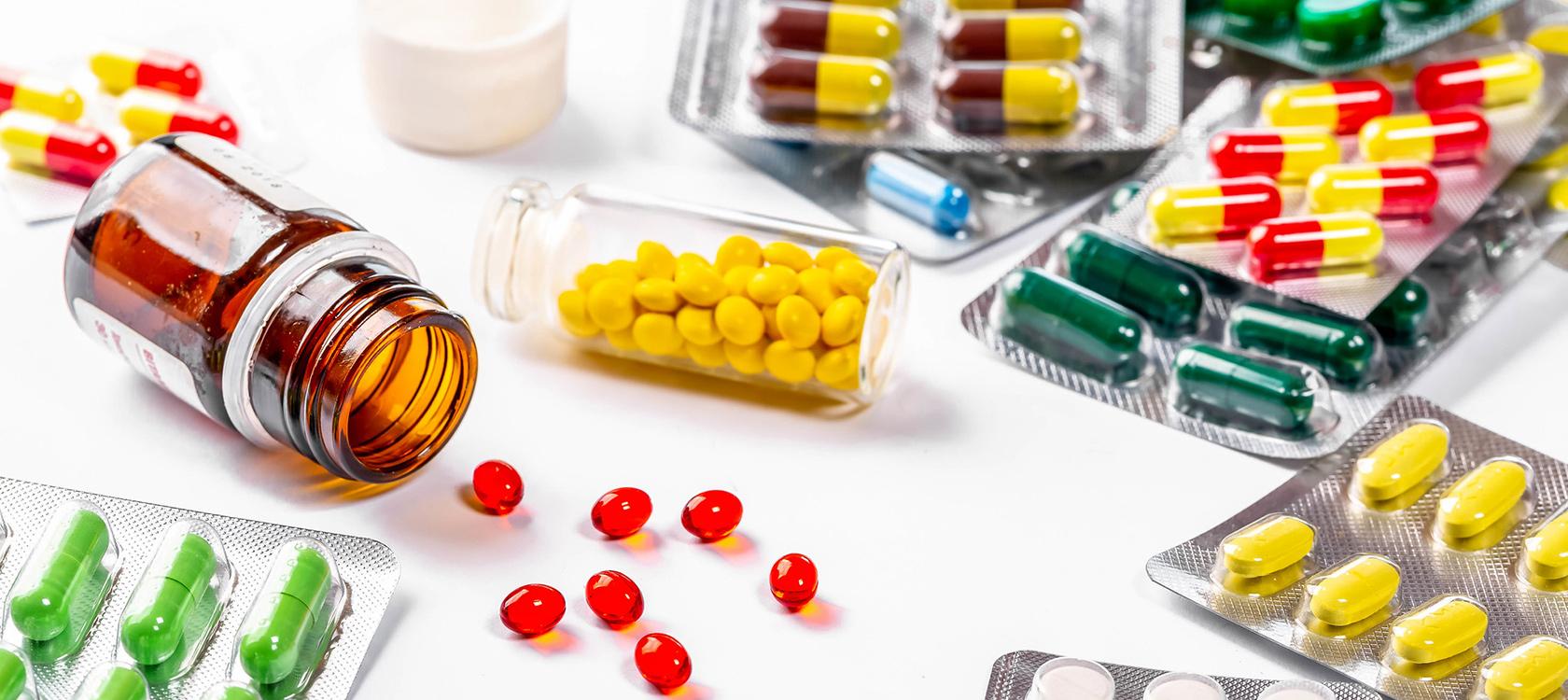

: Admin : 2020-05-05
According to the results of three major new studies, drugs taken by millions of Americans to control high blood pressure, do not increase the risk of acquiring COVID-19 or more serious infections.
People in the U.S. widely use ACE inhibitors, including drugs like lisinopril, enalapril, and ramipril to curb high blood pressure. There has been a heated debate over whether to release patients on ACE inhibitors or another popular class of hypertension drugs called ARBs or angiotensin-receptor blockers among the COVID-19 epidemic.
Drugs that sit on the surface of many different cell types throughout the body may increase the ACE2 enzyme in those medicines.
The new coronavirus may also invade our cells through ACE2. Doctors had feared that these medicines may make Kovid-19 infection more probable or dangerous for patients.
MD George Thomas, a nephrologist at the UK Cleveland Clinic, states that "patients were calling, writing, and asking if these drugs increase their risk and should they be stopped".
Thomas said that he told his patients that they continued to take drugs because the evidence of potential harm came from animal studies and was mostly theoretical.
Thomas who was not involved in the study says that “it is good that now we have evidence to support that”.
Is That A Survival Benefit?
New studies published in the New England Journal of Medicine have reviewed the medical records of thousands of COVID-19 patients in the US and around the world to learn more about patients' other medical conditions and the medications they use.
The first study reviewed the medical records of approximately 9000 patients who have been recorded in an international registry of COVID-19 cases. These patients were admitted to 169 hospitals across three continents between 20 December 2019 and 29 March 2020.
Researchers were particularly interested in managing patients' other health conditions and medications that included blood pressure medications for blood thinning, cholesterol lowering drugs, and medications to control blood sugar.
Study author Man Deepak Mehra, MD of the Medical Director Brigham and Women's Hard and Vascular Center in Boston, explains that the question we were asking is it harmful? We were not expecting any benefit because this is where the debate was going on.
As expected, many of the patients with severe COVID-19 infection in these hospitals had multiple risk factors such as high cholesterol, hypertension and diabetes. Many patients were current or former smokers. Many patients are more than 65 years of age and more likely to die of the disease due to heart disease.
But this study also found a surprise, the survival benefit was found in patients who were taking ACE inhibitors. Nearly 3% of the patients who died in hospital were taking an ACE inhibitor, compared to 9% of those who survived their infection. Taking a staining drug to control cholesterol was also associated with improved survival as was female sex. All these differences were statistically significant and taking angiotensin receptor blocker showed no significant effect on the patient's likelihood of dying.
But Mehra also believes that his findings point to a biological effect that may be important in COVID-19 infection. ACE inhibitors can increase the ACE2 enzyme by which the virus can attack our cells. Once the virus infects a cell, each one actually gets rid of these enzymes that can cause damage in this way, But another important function of enzymes is also to help make products that protect our blood vessels and calm inflammation.
Mehra believes, that taking ACE inhibitors and statins may protect cells from this damage.
So far the evidence to support this theory is limited but studies are underway to answer the question of whether these types of drugs can protect COVID-19 patients.
No Evidence of Harm So Far
The other two studies also found no evidence that ACE inhibitors or ARBs increase the risk of infection.
In a study conducted in the Lombardy region of Italy, about 31000 identical adults did not have the infection, compared to more than 6000 patients infected with COVID-19. Patients with Kovid-19 were more likely to take high blood pressure medication and were in overall worse health than patients who did not receive the infection. But when a variety of factors were weighed, there was no indication that a person was more likely to become infected with COVID-19 or become seriously ill by taking the medicines.
Another study that reviewed the medical records of 12594 patients tested for COVID-19 in New York looked at their health history as well as their drug use. This study found no difference in infection in patients taking ACE inhibitors or ARBs. It was also found that patients with severe infections were not more likely to be on a particular medication. The study found that patients taking various blood pressure drugs called beta-blockers had a slightly lower risk of testing positive for COVID-19.
5 New England Journal of Medicine editors said that the findings of the study are good news for patients and doctors. It has been commented that each of these studies has inherent weaknesses in the observational data but assures us that 3 studies in different populations and with different designs delivered consistent messages that, with the continued use of ACE inhibitors and ARBs, It is not likely to be harmful in patients of COVID-19
high blood pressure coronavirus corona virus corona virus treatment COVID-19 COVID-19 treatment nephrologist medications COVID-19 infections Meddco book appointment find a doctor doctor near me hospital near me affordable treatment packages
No Comments